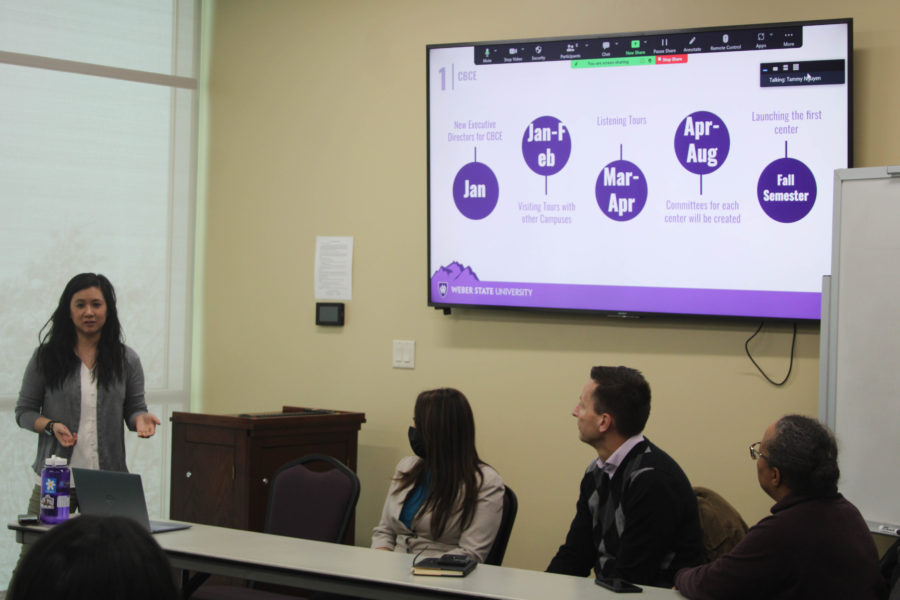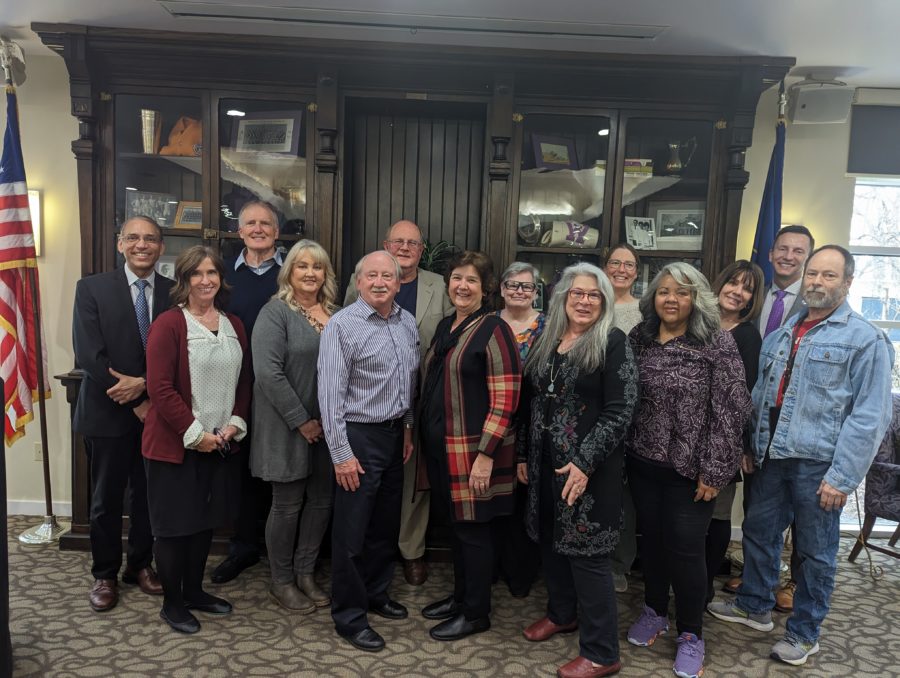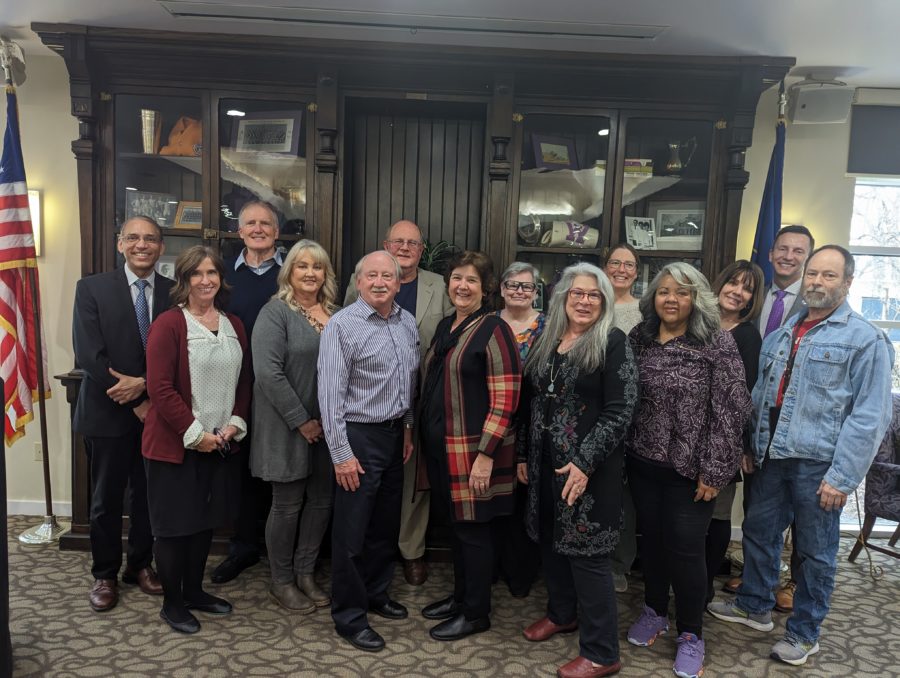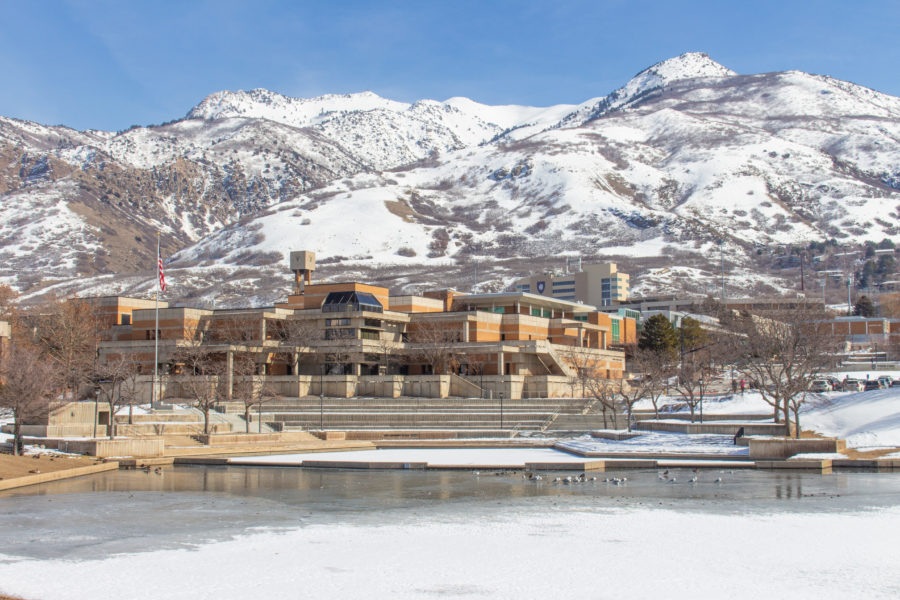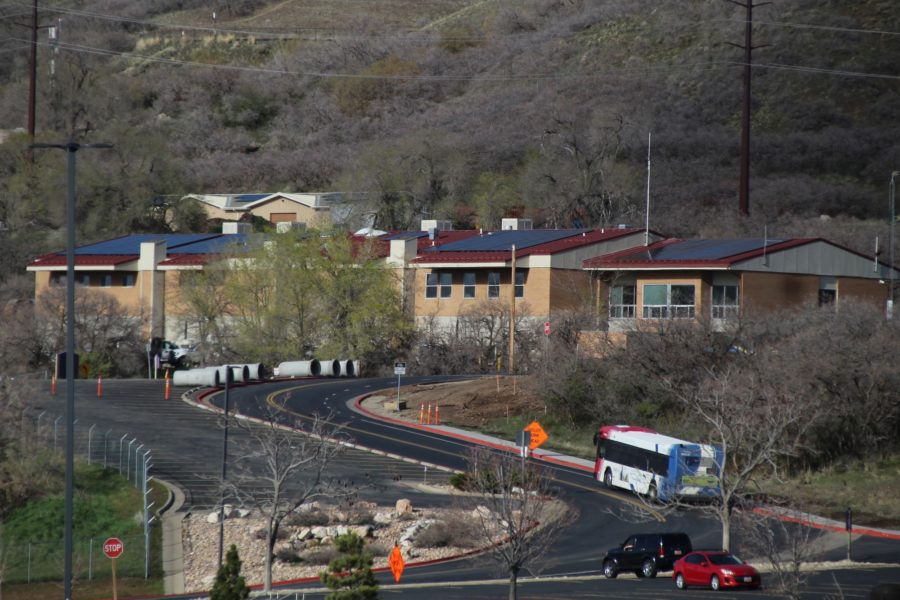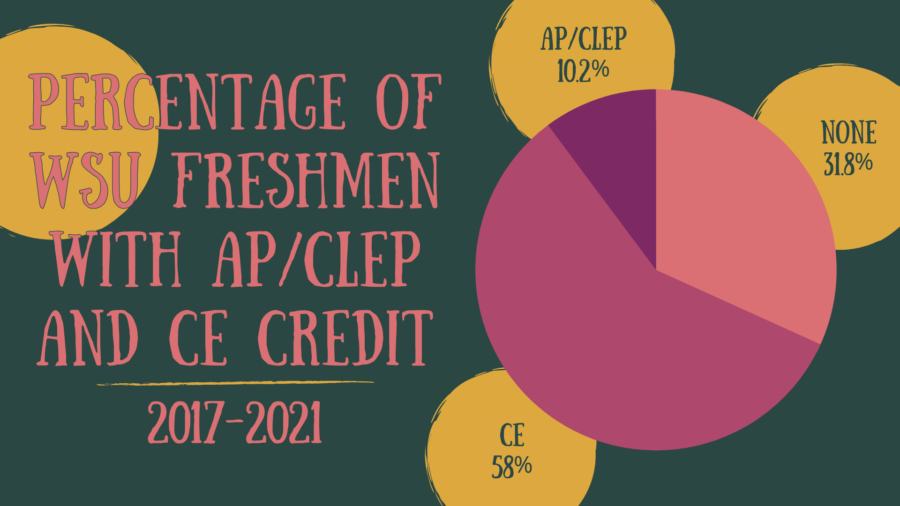Weber State University hosted a virtual webinar on April 7 as a part of a global dialogue series titled “Solve Climate by 2030.” The webinar was aimed toward empowering Utahns to make a difference in the race to reduce the effects of climate change and prevent extreme climate-related events from unfolding in the future.

The larger series is organized by the Center for Environmental Policy at Bard College, a liberal arts institution in New York state. The series includes webinars in 50 countries and 50 U.S. states, to create “a springboard for discussing regional climate solutions, energy justice and a Green Recovery,” the official website said.
Alice Mulder, director of WSU’s Sustainability Practices and Research Center, said the current decade is a critical window, one in which people can still take steps that will prevent the worst-case scenarios of climate change.
Students can take individual action by becoming more efficient in their use of energy and transportation, but a less obvious way to have a smaller carbon footprint is through eating more plant-based food choices, Mulder said.

“I don’t think people really recognize the connection between climate change and food,” she said.
The less meat that humans consume and the less food waste is created, the less carbon emissions will impact the environment.
The webinar also stressed the importance of legislation like America’s Red Rock Wilderness Act, which would protect a large swath of the Intermountain West as undisturbed ecosystems.

“It is important to understand the value of wildlands as, essentially, carbon sinks,” Mulder said.
The lands play a part in mitigating climate change, and leaving them undisturbed would keep a significant amount of fossil fuels in the ground.
The Red Rock Wilderness Act would be a leap toward another end-of-decade goal: According to the Southern Utah Wilderness Alliance, 30% of the nation’s land and waters must be protected by the year 2030 in order to prevent catastrophic collapse of natural ecosystems.

“Another important message is that climate change is something that is going to affect everybody,” Mulder said. “It was politicized, but in itself it is not a political issue.”



